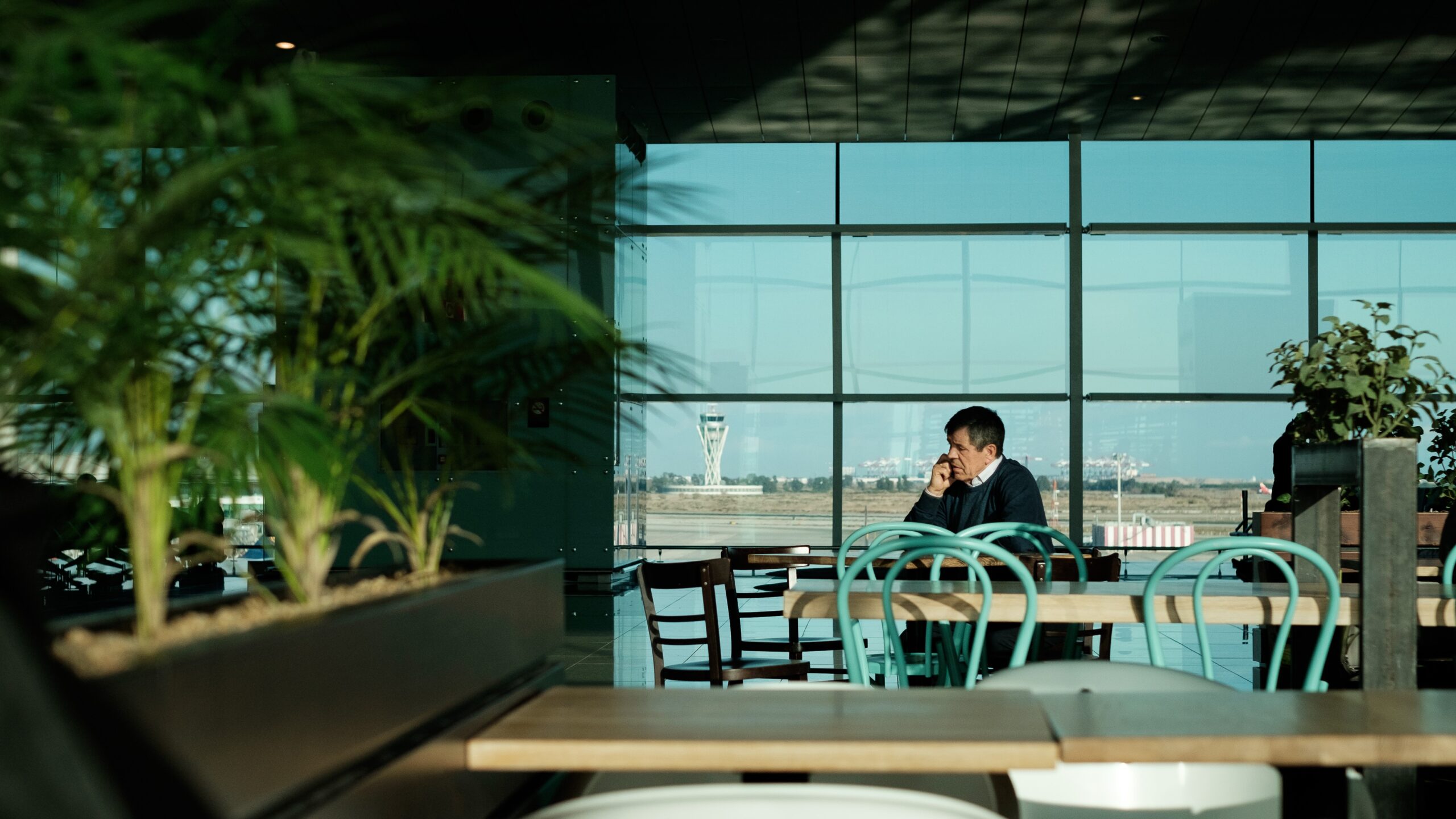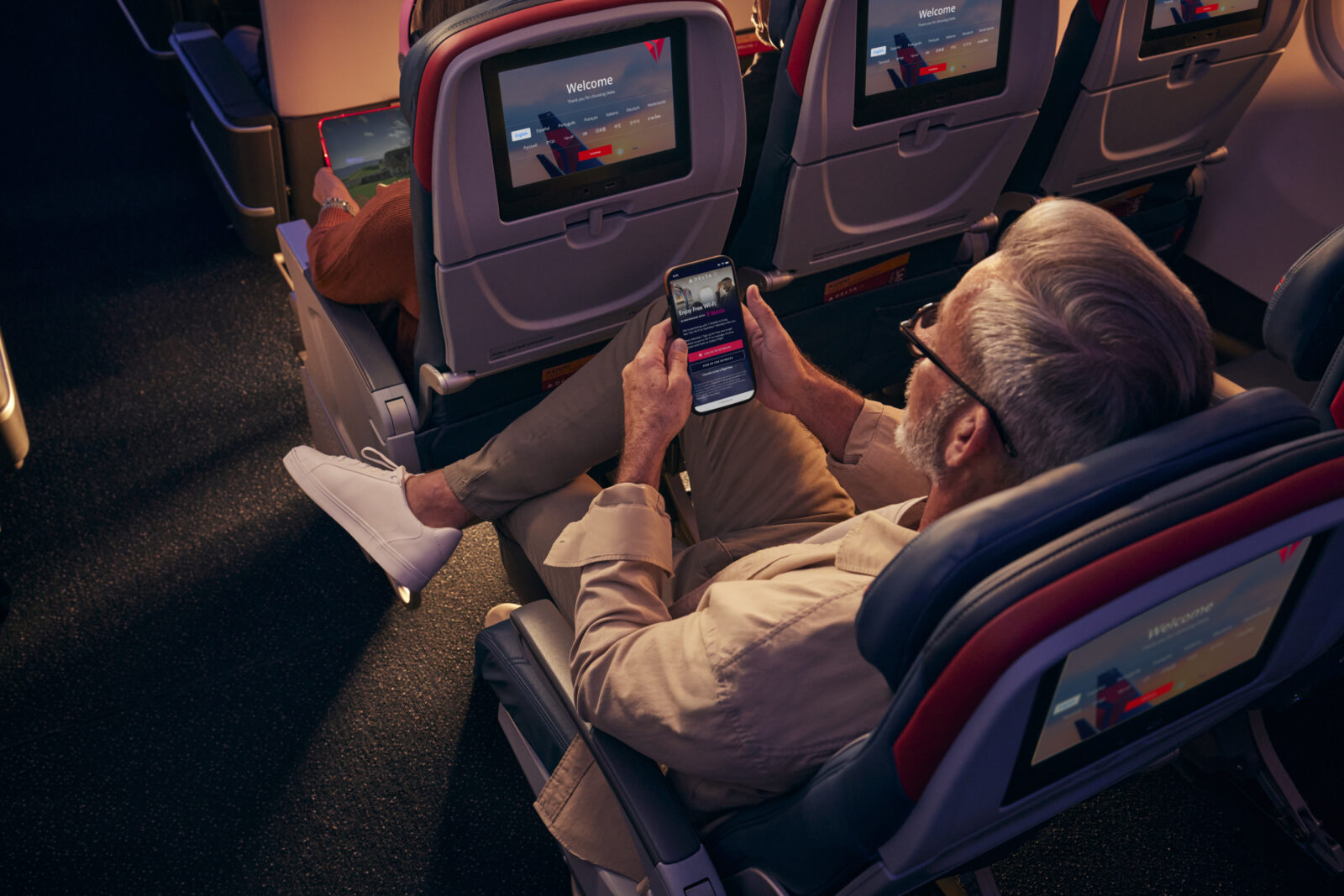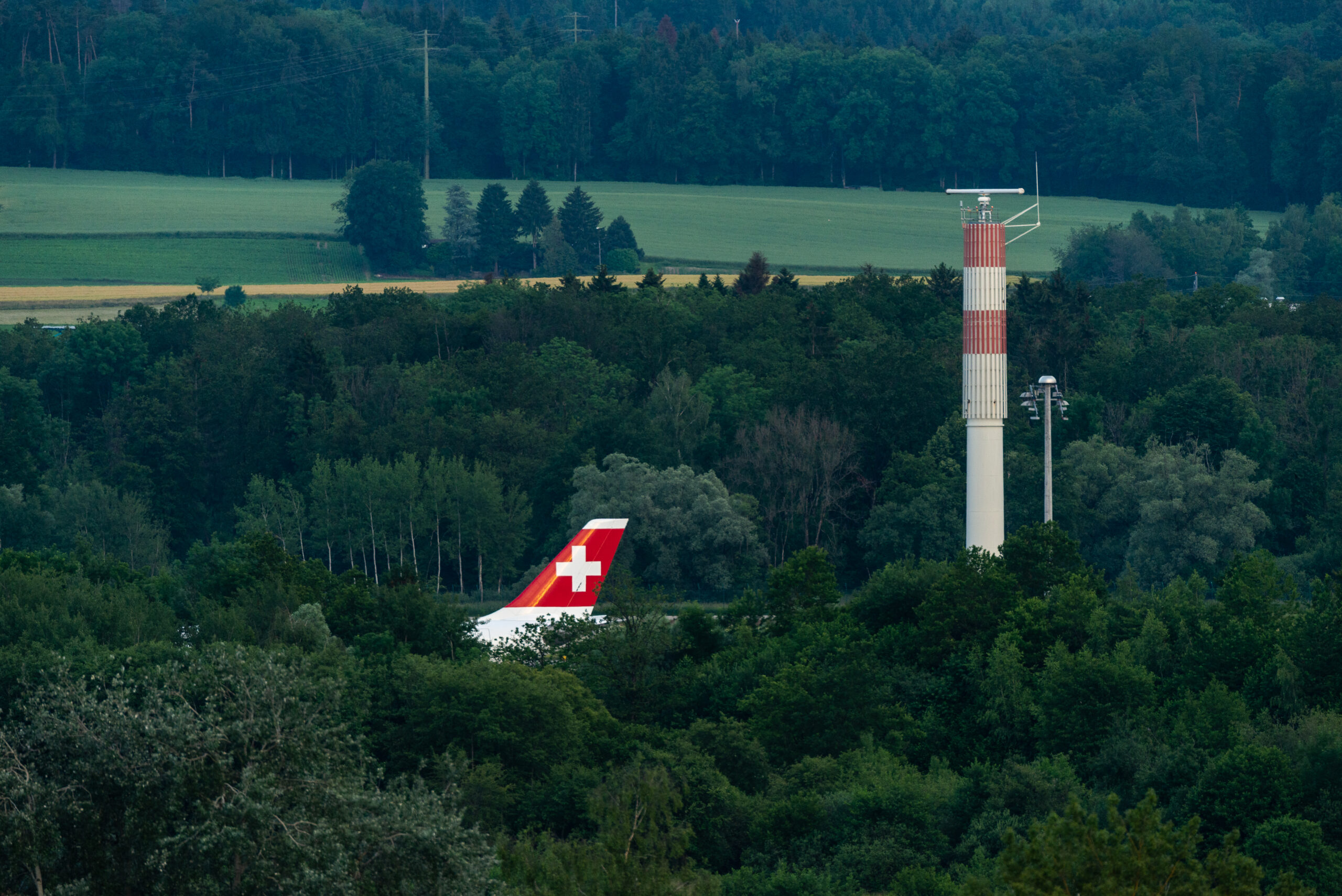The Department of Transportation (DOT) has started creating new consumer protection rules for air travelers mandating passenger compensation for those whose flights are delayed or canceled when the disruption is the carrier’s responsibility.
“When an airline causes a flight cancellation or delay, passengers should not foot the bill,” Transportation Secretary Pete Buttigieg said in a statement. “This new proposed rule would protect the rights of travelers and help ensure they get the timely refunds they deserve from the airlines.”
In addition to offering cash refunds for the unused ticket, the proposed rules would require carriers to pay passengers cash to cover expenses such as meals, hotels, and rebooking. The requirements would apply to delays of three hours or more for a domestic or six hours or more for an international flight.
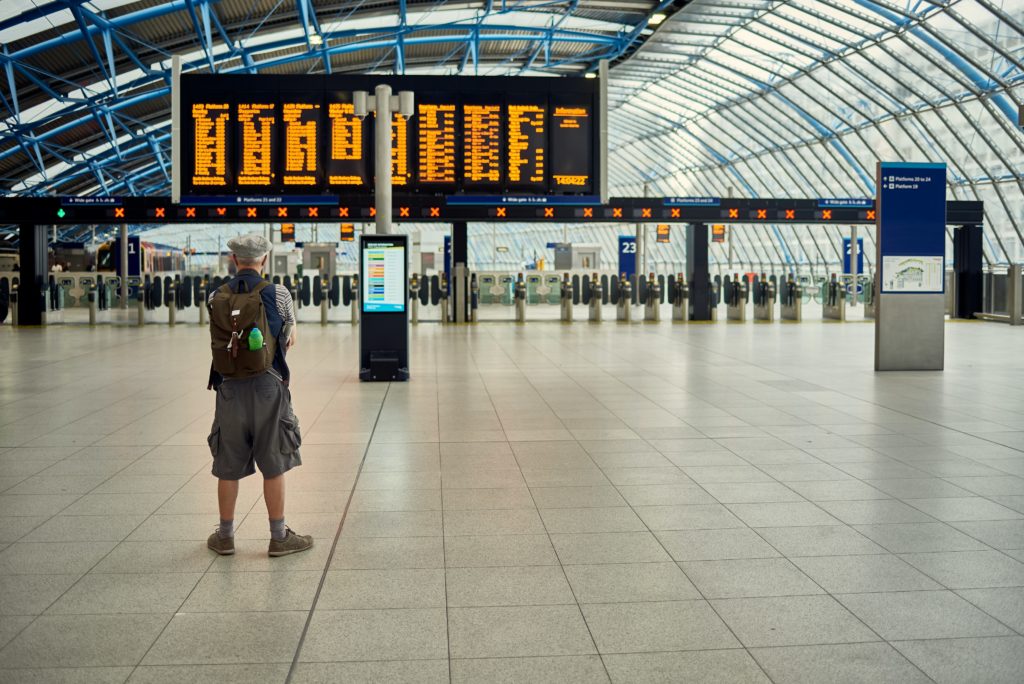
Photo: Courtesy of JJ Jordan / Unsplash
Beyond that, the DOT announcement offered few details of the proposed new rules. Still, the agency said the regulations would also more clearly define a “controllable cancellation or delay.”
Determining more precise language around what is within the airlines’ control could be contentious. For example, the airlines and the Federal Aviation Administration (FAA) have long been at odds over who bears the most blame for what the industry calls “IROPS,” or irregular operations.
The Biden administration’s rulemaking comes after three years of turbulence in the airline industry. First, travel worldwide plummeted on the heels of the COVID outbreak, prompting carriers to slash schedules and cut personnel.
Then as travel restrictions eased, demand surged, and airlines were caught short-staffed with too few crews to handle burgeoning schedules, leading to last summer’s travel chaos and fueling consumer discontent with airline performance. Finally, the breakdown of Southwest Airlines‘ operations during last year’s pre-Christmas travel rush further underscored the complex system’s vulnerabilities to cascading failures.
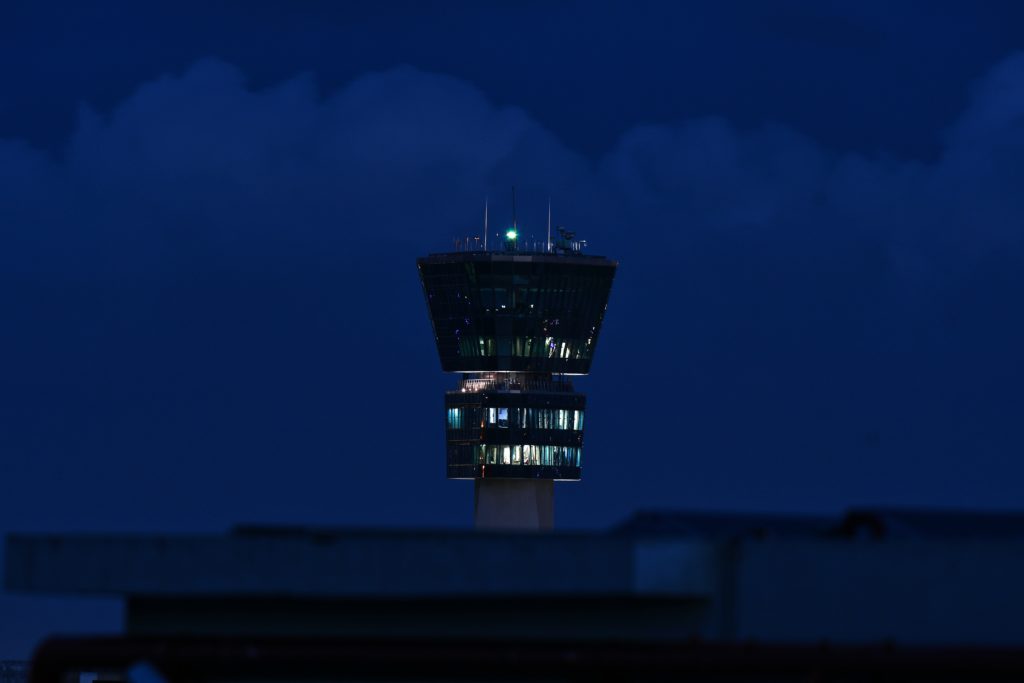
Photo: Courtesy of Jash Kothari / Unsplash
However, the FAA, which manages the nation’s air traffic control system, has its own set of problems to deal with. The agency has come under criticism for its failure to hire enough qualified air traffic controllers and upgrade its systems.
In February, it was forced to order a nationwide ground stop for the first time since 9/11 when its ancient Notice to Air Missions System (NOTAM) failed. And this summer, the agency is asking the industry to collaborate on curtailing services at certain airports because of a lack of ATC personnel.
In response, the airlines have been reducing schedules, notably in the Northeast, in response to the FAA’s staffing shortages. “US airlines are currently accommodating record demand while operating 10 percent fewer flights than in 2019 to reduce pressure on the system,” according to industry trade group Airlines for America.
Statistics show that determining where the fault lies for disruptions in this vast, interconnected system is a Gordian knot unlikely to be easily untied. But regardless of how blame is apportioned, the traveling public pays the costs.
Some industry observers are looking to the European Union’s air consumer protection regulations—commonly known as EU261—as a model for compensating US passengers.

Photo: New York-LaGuardia Airport. Courtesy of Mohit Kumar / Unsplash
Arguably the most generous airline consumer protection in the world, this scheme pays travelers between €250 and €600 cash depending on the flight length, plus provides hotels and meal vouchers. However, it only applies if the disruption isn’t due to “extraordinary circumstances,” a term proving to be a gray area in the law.
The regulations enacted in 2005 and continue to be broadened under the European Court of Justice have proven to be costly to European airlines. According to a 2019 European Regions Airline Association study, some compensation can total as much as three times the original ticket price, and the research shows the claims can particularly hard-hit low-cost carriers.
The DOT announcement did not give a date when the Notice of Proposed Rulemaking would be posted, only indicating that the department has “initiated” the process. Once published, the NPRM is drafted, then faces an extended public review and comment period, so it may be some time before US passengers see any of these changes take effect.
But with the weight of the White House behind the effort, it’s possible action on the proposals could come sooner rather than later. “I know how frustrated many of you are with the service you get from your US airlines,” President Joe Biden said when announcing the DOT initiative. “That’s why our top priority has been to get American air travelers a better deal.”
For a rundown of the current air consumer protection regulations, visit transportation.gov.

